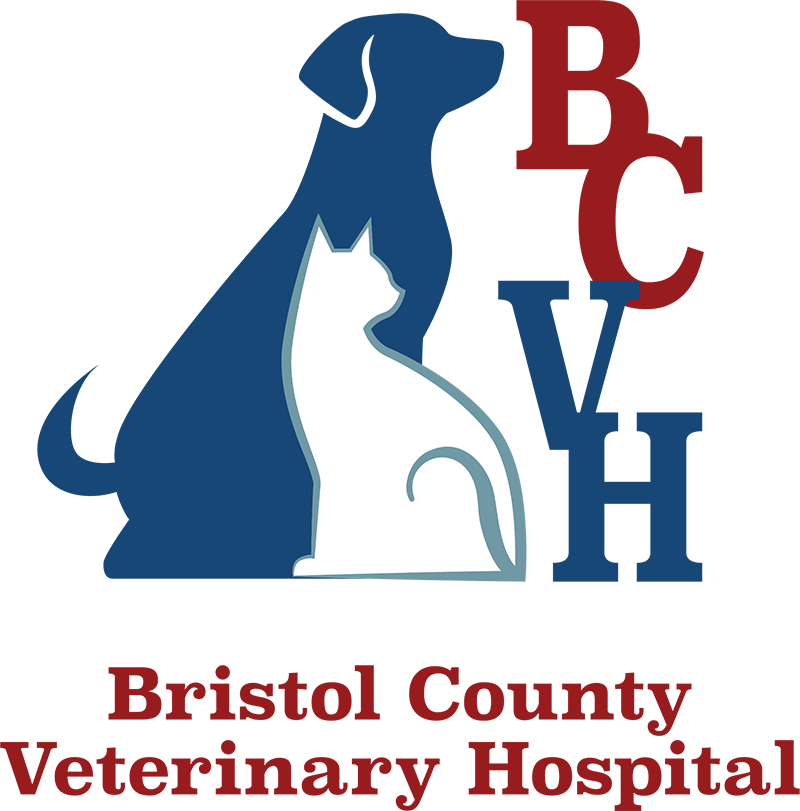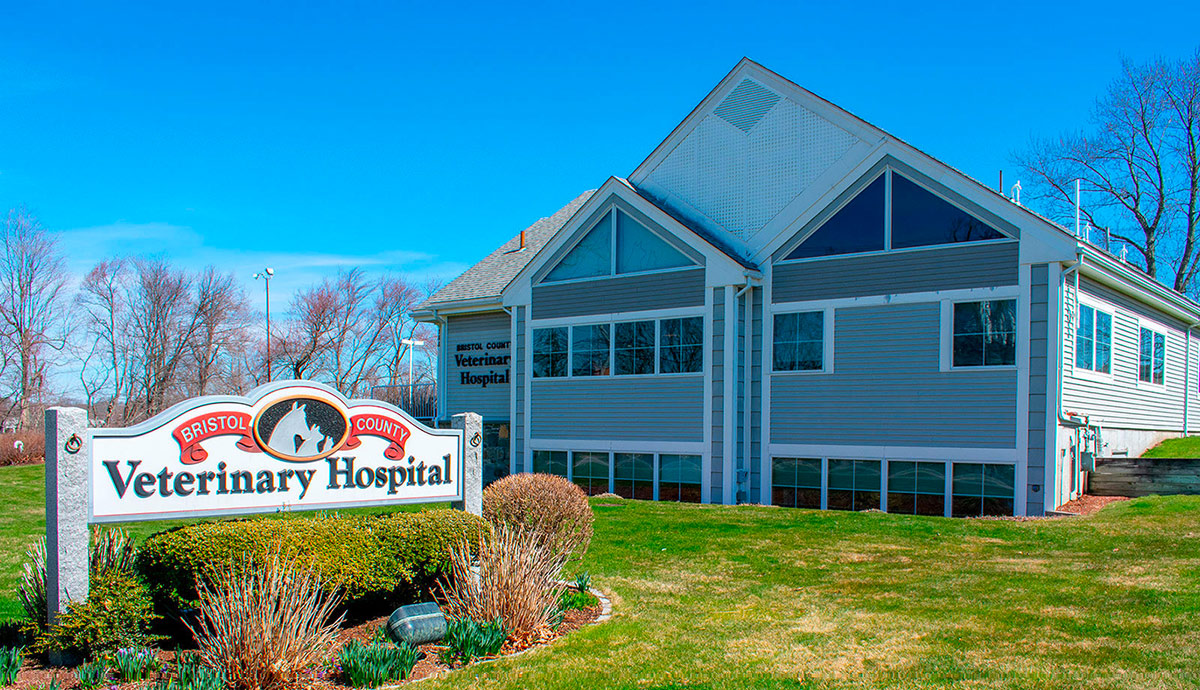
Proudly Accredited by the AAHA
Only 12-15% of veterinary practices in the US and Canada hold the “AAHA-accredited” designation of the American Animal Hospital Association. As an accredited member, Bristol County Veterinary Hospital voluntarily meets their exacting standards to foster professionalism and excellence in all phases of hospital services.
Your BCVH Team
Since 1988, our dedicated staff and veterinarians have been committed to utilizing our state-of-the-art facility, equipment, and therapies to provide unparalleled veterinary care for pets like yours.
Complete Care for Your Pet
Our Veterinary Services
Pet Dentistry
Our top-of-the-line dental care includes thorough dental exams and cleanings and—if needed—extractions and mass removals. Learn more.
Pet Wellness & Diagnostic Exams
When we examine your pet, we are looking at everything from head to toe to make sure that nothing is missed and to look at your beloved family member as a whole and not a sum of individual pieces. Learn more.
Pet Laboratory
We have a full-service in-house diagnostic lab that allows us to perform chemistry profiles, complete blood cell counts, electrolyte level measurements, urinalysis tests, and cytology evaluations. Learn more.
Pet Radiology & Ultrasound
We use the latest in advanced computerized radiology equipment as part of your pet’s diagnostic care. We may also rely on ultrasound technology when we need to localize diseases such as cancer, differentiate between chronic and acute diseases of the kidneys or liver, or assess a variety of other conditions. Learn more.
Pet Specialty Services
Because of some great partnerships with traveling specialists, Bristol County Veterinary Hospital has the ability to offer our clients some select specialty services. Learn more.
Pet Vaccinations
We take into account the risk of vaccination against the risk of getting diseases and will work with you to develop the optimal vaccination schedule for your furry family member. Learn more.
Years of outstanding care
Tailored veterinary services
Team to treat your pet like family
Payment Options
Pay with CareCredit!
Looking for a quick and easy way to take care of your payments? Use CareCredit to make monthly payment plans for your pet’s care!
Client Reviews
Read real testimonials from real customers who have made Bristol County Veterinary Hospital one of the highest-rated veterinary facilities in Seekonk, MA.
“Both me and my mom trust this vet a lot. We went here with all of our cats and now our 2 dogs (mini Labradoodle and mini Goldendoodle). They are so nice and professional and explain everything thoroughly and listen to all of our questions/concerns. Would highly recommend this vet to anyone!”
“We have been taking our dogs here for years and they are always wonderful. All of the staff and doctors are kind, knowledgeable, and clearly care about us and our pets. The mobile app makes scheduling, refilling medications, and asking questions so easy. 1000% recommend!”




